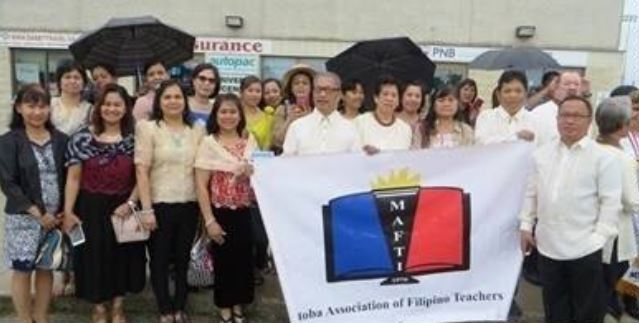Winnipeg School Division plans to add Filipino bilingual education program

Posted December 7, 2022 6:27 pm.
Manitoba’s largest school division has plans to offer a Filipino bilingual education program as soon as next year.
Currently the Winnipeg School Division (WSD) – with around 30,000 students – offers Cree, Ojibwe, Ukrainian, Spanish and Hebrew bilingual programs.
“It will be great if our children will start learning the language in the early years of their development,” said Genalyn Tan, the former president of the Manitoba Association of Filipino teachers.
Tan says many older generations of Filipino immigrants lost their language after arriving in Canada, adding she wants to see the next generation of children born here or immigrating to Canada be able to start or continue their education in Tagalog.
“The culture and language are interrelated because embedded in the language are the values the traditions and the customs that we as parents would like to pass down from generation to generation,” said Tan.
The school division says the first step is to confirm 23 students would be registered – for kindergarten/Grade 1.
“Community support for a Filipino heritage bilingual language program appears to be strong and WSD is planning an open house to be scheduled later in January to determine if the minimum enrolment criteria are met,” said the school division in a statement.
According to the 2020-21 WSD school demographic report, Tagalog is by far the most used language other than English spoken in students’ homes.
Dante Aviso, one of three newly elected Winnipeg School Division Board of trustees of Filipino heritage, believes the program will also benefit non-Filipino children, their families, and the broader community.
“Because it creates a culture of acceptance and embracing all the differences but at the same time it will strengthen the Canadian identity because Canada is built in multiculturalism,” said Aviso.
Tan believes the program will be a great success and like Aviso, she suspects Canadians from all walks of life will be interested in learning Tagalog.
“Even the business community and other sectors would like to learn the language for their workplace interaction and communication,” said Tan.
If the minimum enrollment numbers are reached, the program is expected to begin next fall.








